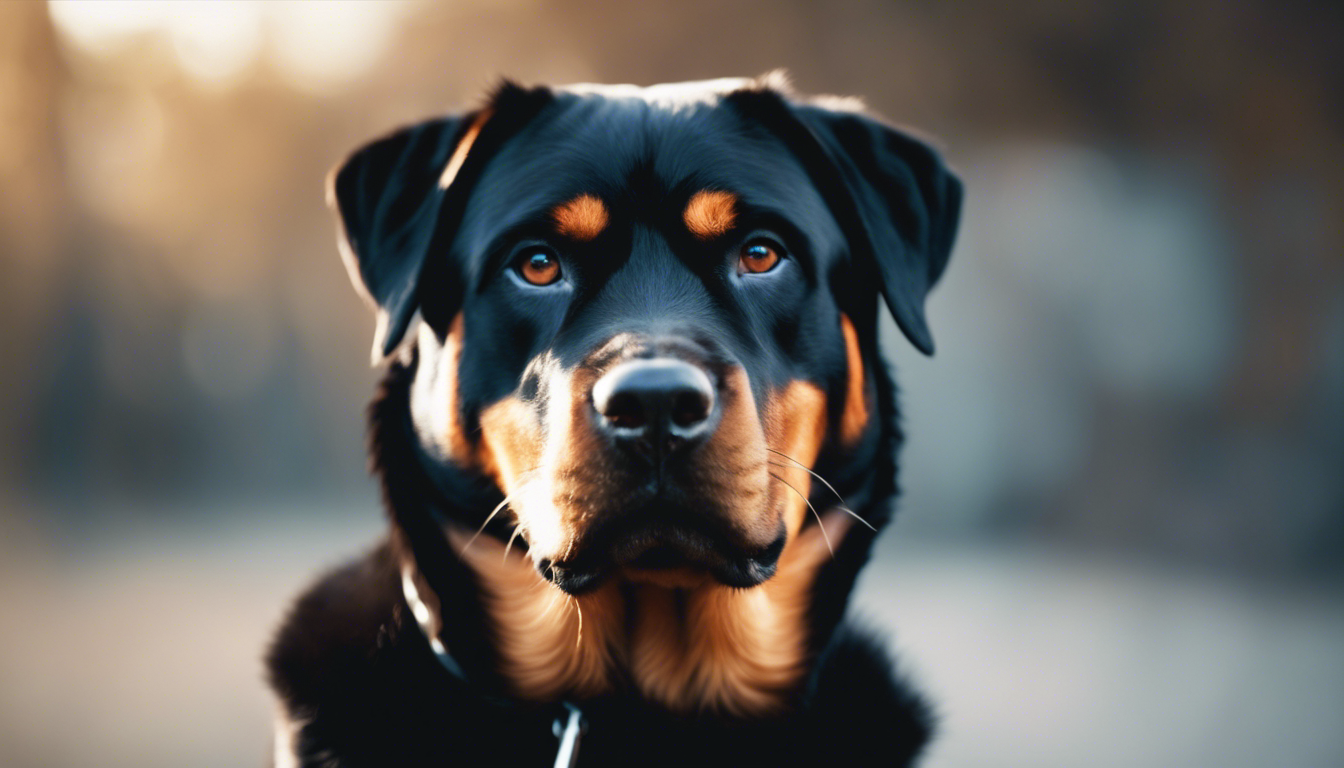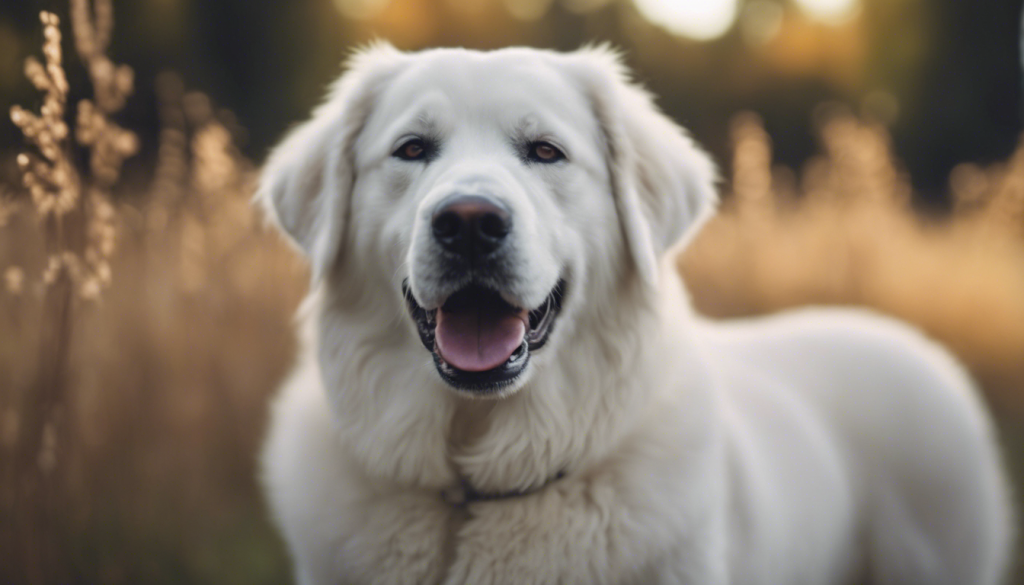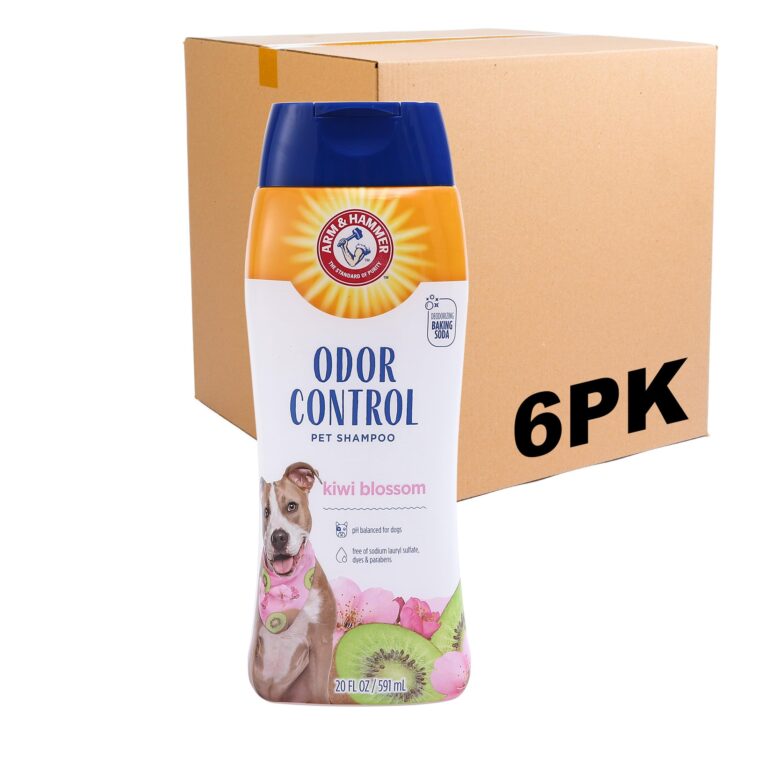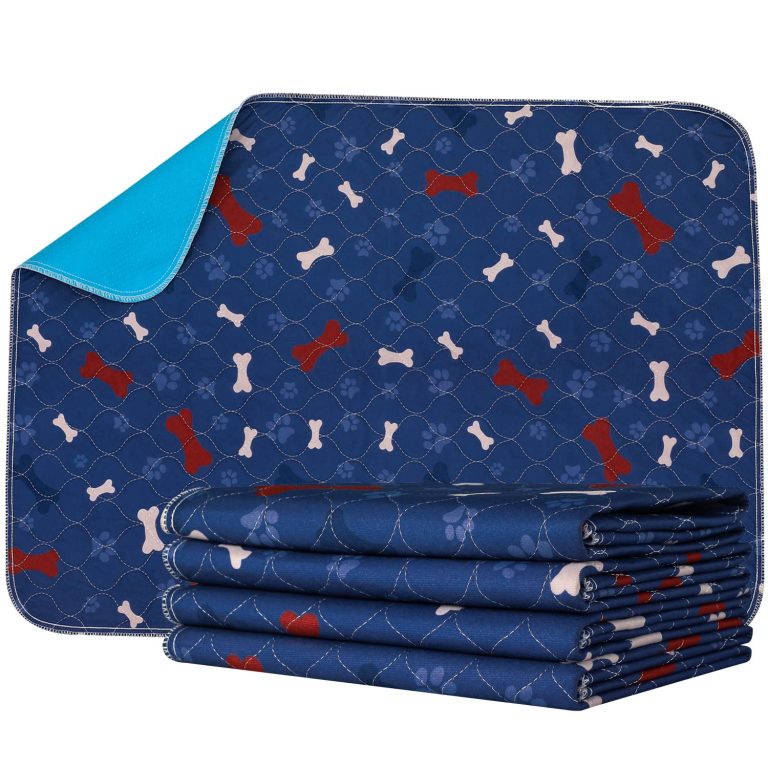Rottweiler

Rottweiler: A Strong and Loyal Companion
The Rottweiler is a powerful and reliable breed known for its strength, loyalty, and protective instincts. Originally bred in Germany as a herding and working dog, Rottweilers have become popular family pets due to their loving nature and fierce loyalty. However, owning a Rottweiler requires understanding and commitment to properly care for this magnificent breed. In this article, we will explore the breed-specific traits, strengths, weaknesses, and care guidelines for Rottweilers.
Breed-Specific Traits
Rottweilers have distinct physical characteristics that set them apart from other breeds. They are large, muscular dogs with a robust build. Their short coat is typically black with defined rust-colored markings on the cheeks, chest, and legs. Rottweilers have a broad head, strong jawline, and almond-shaped dark brown eyes that exude intelligence and strength.
Temperament
Rottweilers are renowned for their calm and confident demeanor. They are known to be extremely loyal to their families, often forming a strong bond with one individual in particular. This breed requires socialization from an early age to ensure they grow up to be well-rounded dogs. With proper training and socialization, Rottweilers can be friendly towards children and other pets. However, due to their protective instincts, they may exhibit aloofness towards strangers.
Strengths
- Rottweilers are one of the strongest dog breeds, making them impressive operation dogs for activities such as guarding, tracking, and search and rescue.
- They are highly intelligent and easily trainable, provided they receive consistent and positive reinforcement training techniques.
- Rottweilers are fiercely loyal and protective, making them excellent watchdogs.
- They have a natural inclination to please their owners, making them eager to learn and perform tasks.
Weaknesses
- Due to their large size and strength, Rottweilers require regular exercise and mental stimulation. Insufficient physical activity can lead to obesity and behavioral issues.
- They may display dominant behavior towards other dogs if not properly socialized and trained from a young age.
- Rottweilers can be prone to certain health issues, including hip dysplasia, heart conditions, and certain types of cancers.
- Without adequate socialization, they may exhibit aggressive behavior towards unfamiliar people or animals.
Care Guidelines
Exercise Needs
Rottweilers have high exercise requirements due to their working dog heritage. Daily walks, runs, or play sessions are essential to keep them mentally and physically stimulated. Engaging in activities such as obedience training, agility courses, or advanced tricks can help channel their energy effectively.
Potential Health Issues
To maintain the overall health of your Rottweiler, regular veterinary check-ups are important. This breed is prone to hip and elbow dysplasia, so screening for these conditions is recommended. Additionally, cardiac issues, such as aortic stenosis and dilated cardiomyopathy, can affect Rottweilers. Think maintaining a balanced diet, providing regular exercise, and monitoring their weight to minimize these potential health risks.
Grooming Requirements
Rottweilers have a short, dense coat that requires minimal grooming. Weekly brushing helps remove loose hair and keeps the coat looking sleek. They shed moderately throughout the year and more heavily during seasonal changes. Regular tooth brushing, nail trimming, and ear cleaning are essential parts of their grooming routine. Additionally, bathing should be done as needed or when they get particularly dirty.
Dietary Recommendations
Feeding your Rottweiler a balanced and high-quality diet is vital for their well-being. Choose a premium dog food specifically formulated for large breeds, taking into account their age, activity level, and any specific dietary restrictions or health concerns. A balanced diet should include a mix of high-quality proteins, healthy fats, and carbohydrates. Regularly monitor your Rottweiler’s weight to adjust the portion size accordingly and prevent obesity.
Owning a Rottweiler is a rewarding experience, but it requires dedication and responsible ownership. Understanding the breed-specific traits, strengths, weaknesses, and care guidelines will help you ensure that your Rottweiler leads a happy and healthy life. By providing proper socialization, training, exercise, grooming, and veterinary care, you can be a proud owner of a well-behaved and content Rottweiler companion.







